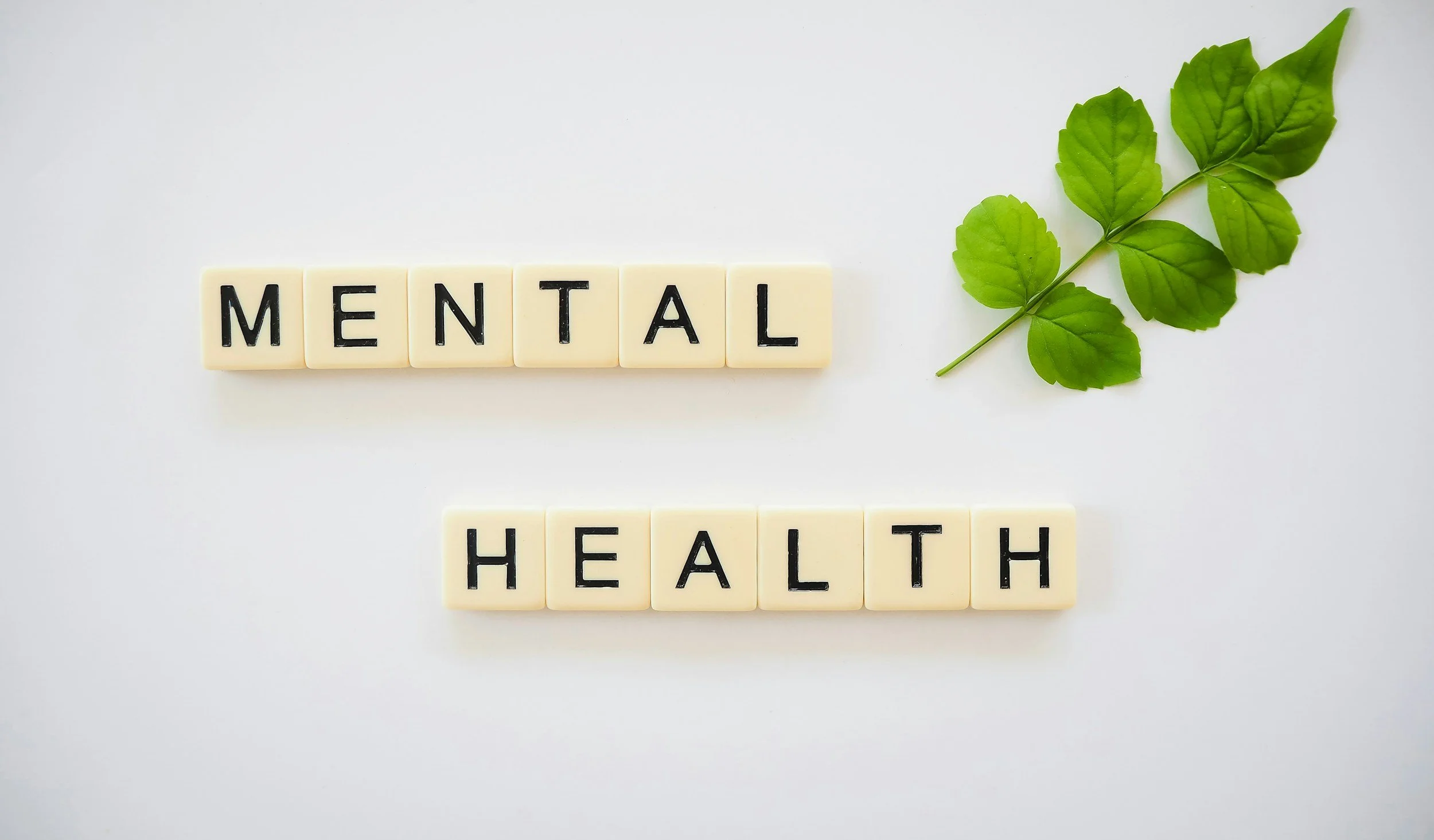
From Mother to Grandmother and Beyond: Prioritizing Your Mental Health at Every Age
Women's mental health needs evolve dramatically as they transition through different life stages, yet many women struggle to prioritize their psychological well-being amid changing roles and responsibilities. From the intense demands of early motherhood to the wisdom-filled years of grandparenthood and beyond, each phase brings unique mental health challenges and opportunities that deserve attention and care.

Building Your Village: The Power of Connection for Women's Mental Wellness Across the Lifespan
The phrase "it takes a village" resonates deeply with women's experiences, yet building and maintaining meaningful connections has become increasingly challenging in our modern world. Research consistently shows that social connections for women's mental health are not just beneficial – they're essential for psychological well-being across every life stage. Understanding how to cultivate and nurture these relationships can transform mental wellness outcomes.

Reclaiming Yourself: Identity Shifts and Mental Health in Midlife Women
Midlife presents women with a unique opportunity for transformation, yet this period often brings unexpected identity challenges that can significantly impact mental health. As roles shift, bodies change, and life priorities evolve, many women find themselves asking, "Who am I now?" This questioning isn't a crisis – it's a natural part of midlife development that deserves attention and support.

More Than "Just Hormones": Exploring the Emotional Impact of Menopause
When women seek help for menopause symptoms, they're often told their struggles are "just hormones" – a dismissive phrase that minimizes the profound emotional journey accompanying this major life transition. While hormonal changes certainly play a role, the emotional impact of menopause extends far beyond biology, encompassing identity shifts, grief, and psychological transformation that deserve recognition and support.

The Shifting Landscape: Mental Wellness During Different Phases of Perimenopause
Perimenopause, often called the "menopause transition," represents a significant shift in women's lives that extends far beyond physical symptoms. This natural biological process, typically beginning in a woman's 40s, brings profound changes to mental health and emotional well-being that deserve attention and understanding.

Navigating Infertility: Taking Care of Your Mental and Emotional Well-being
Infertility affects one in eight couples, yet the emotional toll of this journey often remains hidden behind closed doors. The path to parenthood can become overwhelming when conception doesn't happen as expected, creating intense psychological stress that impacts every aspect of life. Understanding how to protect your mental health during fertility struggles is essential for both your well-being and your relationship.

Beyond the Baby Blues: Understanding and Addressing Postpartum Anxiety
While most new mothers experience some degree of emotional adjustment after childbirth, persistent worry and fear may signal something more serious than typical baby blues.

When Parenting Triggers Past Trauma: Healing While Raising Children
Becoming a parent can be one of life's most transformative experiences. But for many new mothers and fathers, the journey into parenthood unexpectedly reopens wounds from their own childhood.

Feeding Journeys: Supporting Mental Health Through Breastfeeding Challenges
Your feeding journey matters—not just for your baby's nutrition, but for your own mental health and your evolving relationship with your child. The emotional landscape of feeding deserves attention, validation, and support.

Mindfulness for New Parents: Simple Techniques for Stressful Moments
The journey of new parenthood brings indescribable joy, but it also introduces unprecedented challenges. Amidst night feedings, crying spells, and the constant adjustment to new responsibilities, parents often find themselves overwhelmed. Mindfulness—the practice of bringing awareness to the present moment without judgment—offers powerful tools for navigating these stressful times.

Creating a Postpartum Support Plan: What Every Expecting Family Should Consider
While pregnancy often commands significant attention and preparation, the postpartum period—those critical weeks and months after birth—can catch many families unprepared. Creating a comprehensive postpartum support plan before baby arrives can make the difference between merely surviving and genuinely thriving during this transformative time.

The Invisible Load: Managing Mental Labor in Parenthood
Parenthood comes with countless joys, but also with an often-overlooked burden: mental labor. This invisible workload—the constant planning, organizing, remembering, and anticipating family needs—can significantly impact a parent's mental health and well-being.

Returning to Work After Baby: Emotional Preparation and Practical Tips
The transition back to work after welcoming a new baby is one of the most challenging phases of early parenthood. As both a clinical social worker and someone who has supported countless new mothers through this journey, I've witnessed how this period stirs up a complex mix of emotions—from guilt and anxiety to relief and anticipation.

Finding Your Parenting Voice: Building Confidence in Your Choices
Becoming a parent launches you into a world filled with contradictory advice, strong opinions, and seemingly endless decisions. The pressure to make the "right" choice can be overwhelming, from feeding methods to sleep approaches, screen time to discipline strategies. Yet amid this noise, developing confidence in your own parenting voice is one of the most valuable skills you can cultivate.

Self-Care for New Parents: Small Practices with Big Impact
In the whirlwind of newborn care, parents often find themselves at the bottom of their own priority lists. Between feeding schedules, sleep deprivation, and the emotional adjustment to parenthood, self-care can seem like an impossible luxury. Yet maintaining your well-being isn't just beneficial—it's essential for sustainable parenting and your family's health.

When Birth Doesn't Go as Planned: Processing Birth Trauma and Disappointment
For many expectant parents, the birth of their child is envisioned as a profound, empowering experience. But when labor and delivery take unexpected turns—whether through emergency interventions, complications, or simply diverging dramatically from a hoped-for birth plan—the emotional aftermath can be complex and challenging to navigate.

Setting Boundaries with Family After Baby Arrives: A Guide for New Parents
The arrival of a newborn transforms not only the lives of new parents but also their entire family dynamic. While family support can be invaluable during this transition, establishing clear boundaries is essential for protecting parental mental health—particularly for new mothers.

Partners in the Perinatal Journey: Supporting Your Spouse Through Pregnancy and Beyond
Watching your partner grow a new life can be awe-inspiring—their body transforming, your future expanding, and your relationship evolving in preparation for this profound change. While much attention centers on the pregnant person's experience, partners play a crucial role in creating a foundation of support that strengthens the entire family. Your engagement during this journey isn't just helpful—it's transformative for your relationship, your partner's wellbeing, and your own transition to parenthood.

Navigating the Fourth Trimester: What New Parents Need to Know About Postpartum Recovery
The first cry, the first touch, the first glimpse of your baby's face—these moments mark the end of pregnancy but just the beginning of a profound transition. While much attention focuses on pregnancy and birth, the crucial period that follows—often called the "fourth trimester"—can catch many new parents by surprise.

Why Sleep Matters: A Postpartum Mom's Guide to Better Rest
The gentle rhythm of your newborn's breathing fills the room as you finally lay them down. Your body aches for rest, yet your mind races with a never-ending to-do list. Sound familiar? For new mothers, quality sleep often feels like an impossible luxury rather than the biological necessity it truly is.
